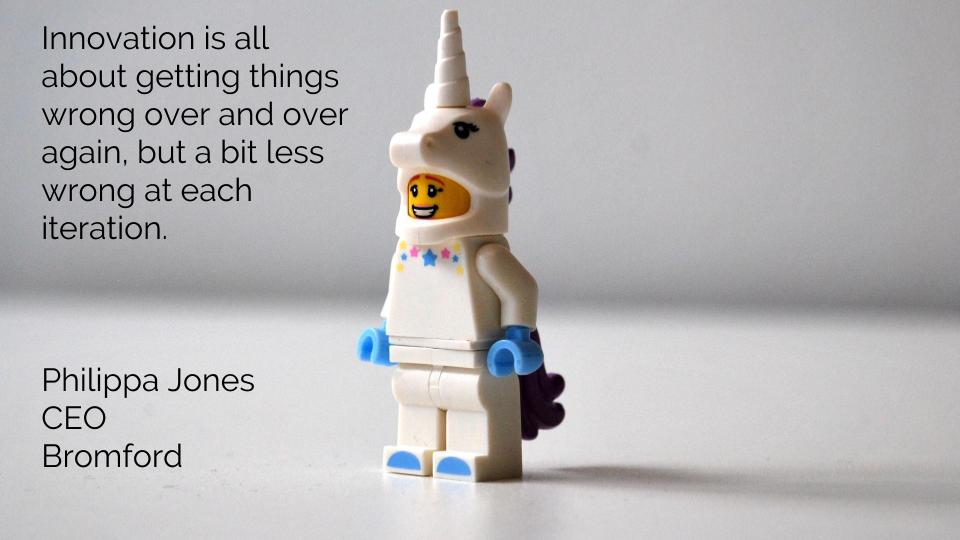 Everywhere I look I see organisations and people investing heavily in new initiatives, transformation, and change programmes. And in almost every case the goals will never be met.
Everywhere I look I see organisations and people investing heavily in new initiatives, transformation, and change programmes. And in almost every case the goals will never be met.
One of the most crucial causes of the failure? The right questions were never asked at the outset.
We default to ideas and plans. Too many of which fail to get exposed to the tough love of effective questioning. We get wrapped up in solutions.
It’s no surprise: we are conditioned to find solutions rather than define problems from an early age.
- We start off being very good at it. Kids ask about LOTS. Annoyingly so. We tell them to stop asking so many questions.
- In school we start to be assessed and graded on the quality of our answers, not the problems we are contemplating.
- As we enter the workplace we get rewarded for the solutions that we propose, not the questions that we have asked.
Indeed, great performance at work is usually defined as creating and implementing solutions rather than finding the best problems to tackle.
So we become very good at solving problems – even if they happen to be the wrong ones.
Here’s a few things to watch out for when considering if your organisation is leaning towards solution rather than problem. And some questions you could ask.
Management is becoming excited by transformation as an end in itself.
Question: What exactly are we being transformed into and who asked for it in the first place?
People start talking a lot about what Apple would do. Or Netflix. Or Uber.
Question: We aren’t Apple, Netflix, or Uber. How are the problems our customers face similar to theirs and if they are, are we the best people to solve them?
Getting excited about building a new app or website
Question: What’s the unique benefit of your solution compared to what’s already available on the market?
Fancy PowerPoint business case pitches at corporate away days and Board meetings
Question: Before you tell us what Google did can you explain what the impact of your last project was, what failed, and what you’ll do differently this time?
You see – ideas people are regarded as sexy. They are positive, optimistic and the people you want to be around.
The person who keeps asking the difficult questions is often regarded as an obsessive – a detail person -a procrastinator. A complete pain in the arse.
This is the very problem we face – and why we see so much innovation theatre rather than genuine impact.
- Initiatives and projects come with an over simplification of the problem statement. If indeed such a statement exists at all.
- There’s a lack of penetration into the root causes of problems. We don’t understand our world half as well as we think we do.
- Most of our organisations have a cultural bias for execution over thorough problem definition. We simply want to get the product on the street. Even if it’s the wrong product (or the wrong street).
Not so long back Tom Hartland , our Lab Designer, was sitting evaluating a new concept. A senior leader walked past and asked him what he was working on. Tom told them there was a problem with the data, the impact was inconclusive and it needed lots more work.
The response came back – “Well, don’t spend too much time on it – we’ll probably do it anyway.”
I share that anecdote not to embarrass anyone but to illustrate the point.
We are hardwired to doing things rather than purposeful contemplation and questioning.
Innovation , as Philippa Jones said, is all about getting better at being wrong. However it must be founded in a deep understanding of the problem we are seeking to solve.
To have the most impact, it’s simple. Just ask the right questions.
Hey – we have a great job going as Design Lead in the Lab. You need to ask a LOT of questions before you go near designing though. Take a look here or message me if you want a chat. paul.taylor@bromford.co.uk or DM me on Twitter @paulbromford

Leave a comment